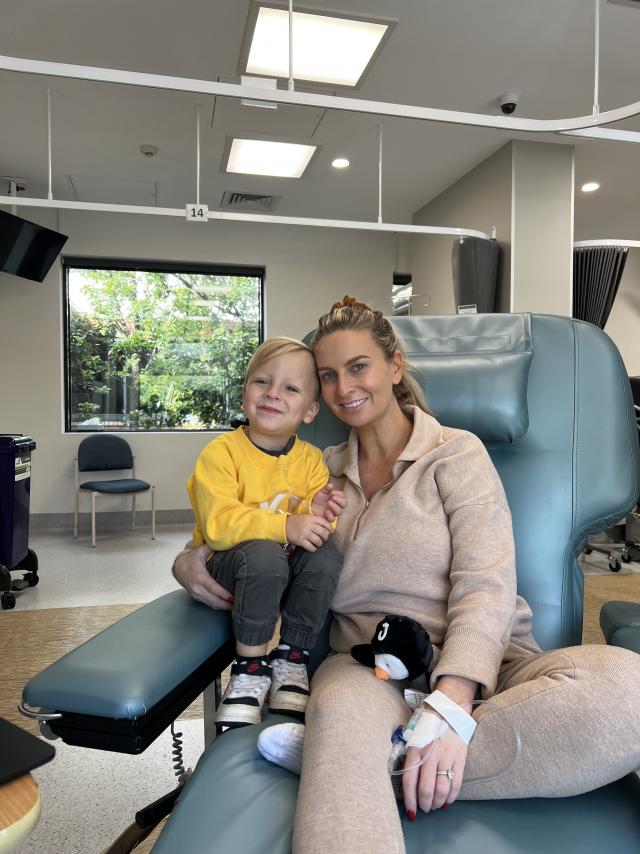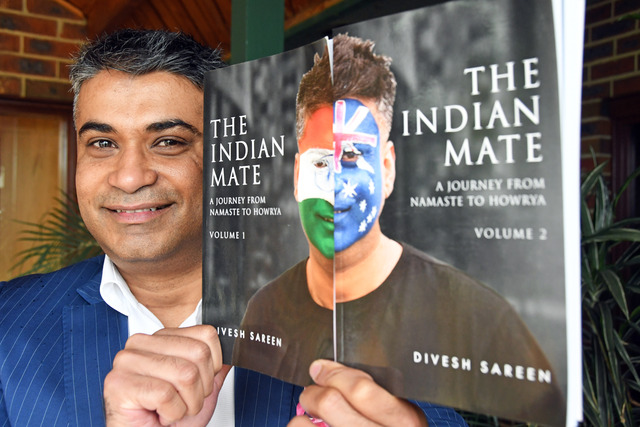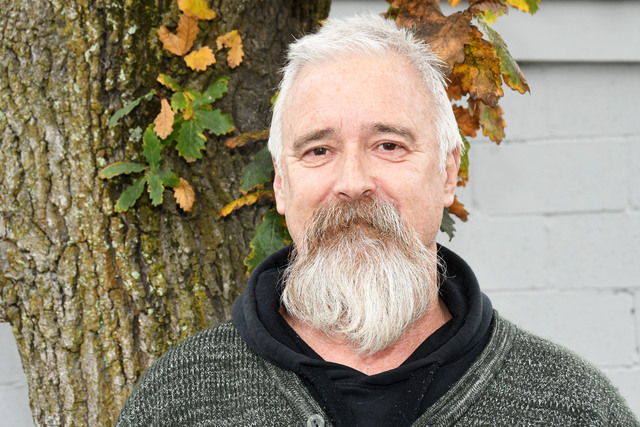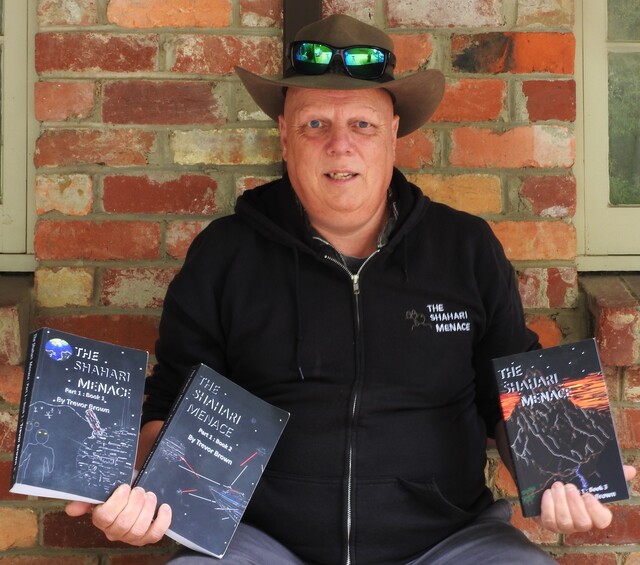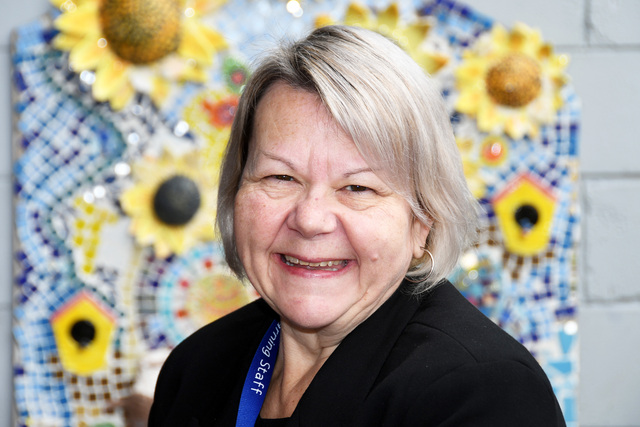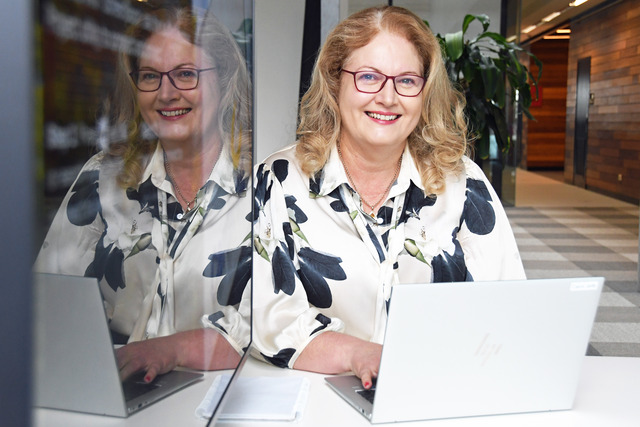For many people, donating blood is an hour out of their day, while for others, it represents the gift of a lifetime.
However, for one Pakenham business owner, blood donations have helped secure the future for her third child.
With National Blood Donor Week running from Monday 12 June to Sunday 18 June and World Blood Donor Day on Wednesday 14 June, Australian Red Cross Lifeblood is urging those in the south-east to donate blood and plasma to help those who have medical conditions that require extra help.
Australian Red Cross Lifeblood is urging 8500 people with O and A blood groups to donate as the cold and flu season, combined with ongoing COVID-19 cases, is creating a potential blood donor shortage.
Around 2000 donors a week are cancelling and rescheduling appointments due to cold and flu symptoms, and it is expected to get worse in the coming weeks.
Mother of three and former Officer local Nikki Jurcutz recently delivered her third child and is one of a number of South East residents requiring regular plasma treatments to reduce the risk of her third baby developing Neonatal Alloimmune Thrombocytopenia (NAIT).
Her first two children Nahla and Wolf were both diagnosed with the disease, which affects a baby’s platelet levels when they are born, putting them at risk of intracranial haemorrhage if these platelets get too low.
To try and avoid her third child from being born with the same condition, Mrs Jurcutz received weekly treatment during her most recent pregnancy from 20 weeks onwards called intravenous immunoglobulin (IVIG).
Each treatment is six to eight hours minimum in the hospital, with the IGIV prepared from a pool of antibodies from the plasma of thousands of healthy donors.
Her journey has been so impactful that it has inspired her team at Tiny Hearts Education, which is based in Pakenham, to all take part in donating blood and plasma.
Mrs Jurcutz said the IVIG kept Bambi’s platelet levels at normal, meaning she did not have to go into the Neonatal Intensive Care Unit.
“Initially I was relieved that there was an option available to me that will significantly impact my baby when she is born and I am extremely grateful,” she said.
Mrs Jurcutz has had 16 IVIG treatments during her pregnancy to reduce the risk of her unborn daughter having low platelets or bleeding and needing to go to special care after birth.
Recent Lifeblood data shows about 110,000 Australians have signed up to give blood or plasma for the first time in the past 12 months.
However, about 75 per cent still haven’t donated.
Lifeblood Australia executive director of donor experience Brett King said leading up to National Blood Donor Week, Victorians in the south-east regions are especially being encouraged to roll up their sleeves and make a donation.
“We’re thanking all our current donors for their generosity and life-saving donations,” he said.
“However, with the demand for blood and blood products growing, we need more people to make blood or plasma donation a regular, life-saving habit.”
Pakenham is leading the way in the south-east with the highest number of donations in the past year, with 2959 donations made from 1561 donors.
Narre Warren has seen 2532 donations in the past year from 1374 donors, and Cranbourne sits at 2395 donations in the past year from 1386 donors, and all of these donations combined have helped save up to 23,600 lives.
Australian Red Cross Lifeblood spokesperson Emily Granland said they are grateful for the support from donors across the South East.
“There have been more than 7,800 local donations in the past 12 months, which have helped save up to 23,600 lives,” she said.
“Every donation can save up to three lives and makes a huge difference to people like Nikki.
“We encourage people in the local community to follow the lead of our wonderful donors and donate if they can.”
The process itself for donating plasma, called ‘apheresis’ is simple and rewarding for those who participate.
Those who donate are sat in a comfortable chair as a machine draws the blood from your arm.
The machine then separates the blood to collect the plasma, and the red blood cells are returned to the participant’s body.
Locals can show their support for the cause by attending one of the upcoming pop-up blood donor centres in their area.
Cranbourne’s pop-up centre is open from Monday 19 June to Friday 30 June, Pakenham is open from Monday 17 July to Friday 28 July, and Narre Warren North is open from Monday 28 August to Friday 8 September.
For more information about donating plasma or blood or to book an appointment, visit lifeblood.com.au, phone 13 14 95 or download the Donate Blood app.

